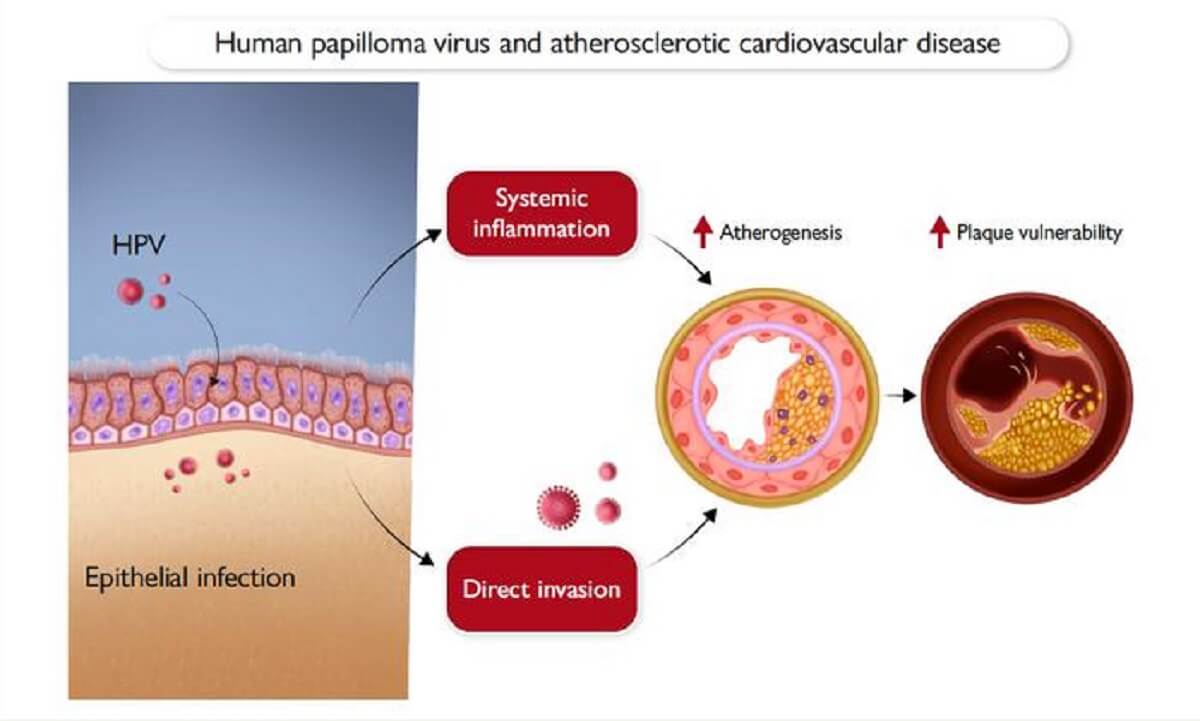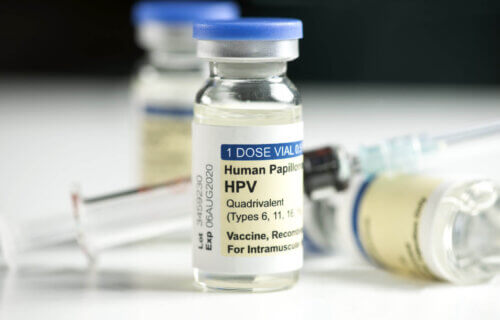SEOUL, South Korea — Women infected with high-risk strains of human papillomavirus (HPV) are up to four times more likely to die of heart attacks or strokes, a recent study warns. Conducted by the European Society of Cardiology, this research marks the first time scientists have established a connection between these infections and an increased death rate from cardiovascular diseases.
HPV, a widespread virus, includes strains that are known contributors to cervical cancer. In this study, the team focused on 163,250 Korean women, who were young or middle-aged and free of cardiovascular diseases at the outset. These participants underwent comprehensive health screenings, including tests for 13 high-risk HPV strains, and returned for follow-up health assessments every one to two years over an average span of eight and a half years.
💡What To Know About HPV:
- Human papillomavirus (HPV) is a group of more than 100 related viruses, some of which are sexually transmitted and can cause genital warts and various types of cancer, including cervical, anal, and oropharyngeal cancers.
- Common and Preventable: HPV is one of the most common sexually transmitted infections globally, but vaccines are available that can prevent infection with the most dangerous strains of the virus.
- Varied Impact: While HPV infections can resolve on their own without causing any symptoms or health issues, persistent infections with high-risk strains can lead to the development of cancerous cells over time.
By correlating the women’s HPV test outcomes with national cardiovascular mortality data, including heart disease and stroke, researchers find that, although the overall risk of cardiovascular death was low among this relatively young and healthy cohort, the presence of high-risk HPV significantly elevated this risk.
According to the findings, women infected with high-risk HPV strains faced a 3.91-fold increase in the risk of artery blockage, a 3.74-fold higher risk of death from heart disease, and a 5.86-fold greater risk of stroke death compared to those uninfected.

“Despite remarkable advances in controlling well-known risk factors for heart disease – such as smoking, high cholesterol, hypertension, and diabetes – heart disease continues to be a major cause of death,” says Professor Seungho Ryu from Sungkyunkwan University School of Medicine in Seoul, in a media release. “Interestingly, these conventional risk factors don’t explain all heart disease cases; about 20 percent occur in people who don’t have these issues. This highlights the need to investigate other changeable risk factors. Our research focuses on examining the impact of HPV, particularly in relation to cardiovascular mortality, as a potential risk factor for heart disease.”
Further analysis reveals that the combination of high-risk HPV infection and obesity exacerbated the risk even more.
“We know that inflammation plays a pivotal role in the development and progression of cardiovascular disease and viral infections are potential triggers of inflammation,” adds Professor Hae Suk Cheong, also from the university. “It could be that the virus is creating inflammation in the blood vessels, contributing to blocked and damaged arteries and increasing the risk of cardiovascular disease.”
The study advocates for comprehensive care for individuals with high-risk HPV, urging healthcare professionals to closely monitor the cardiovascular health of these patients, especially those who are obese or have additional risk factors. It also encourages people with high-risk HPV to maintain regular health screenings and a healthy lifestyle to lower their risk of cardiovascular disease and cervical cancer.
The researchers call for further investigation into the link between HPV infection and cardiovascular death, including the potential protective effects of HPV vaccination.
“If these findings are confirmed, they could have substantial implications for public health strategies,” concludes Professor Ryu. “Increasing HPV vaccination rates may be an important strategy in reducing long-term cardiovascular risks.”
The findings are published in the European Heart Journal.
South West News Service writer Isobel Williams contributed to this report.
